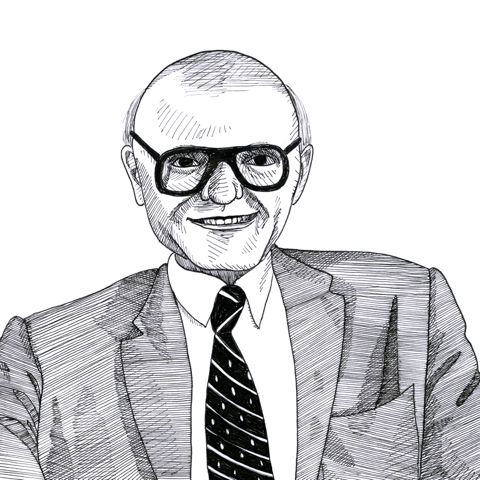
Milton Friedman and the Free Society
Found in: New Individualist Review
In 1845, the Great Famine began in Ireland. It lasted until 1852. As a consequence of that natural disaster, it is estimated that about one million Irish died and another million immigrated during those years. The British government, which was the sovereign of Ireland at that time, did too little, too late to prevent that human tragedy. Its inaction was influenced, allegedly, by a Malthusian worldview. The following generations would sap support for laissez-faire policies and the individualist conceptions of human flourishing justifying them. As noted by Milton Friedman quoting AV Dicey**:
Liberty
As you may recall, Dicey dates the change in public opinion in Britain away from individualism and toward collectivism at about 1870-90. Dicey answers his question by essentially reversing it, saying that in its original form, it may be a foolish question. Perhaps the relevant question is not why people turned away from individualism toward collectivism, but how they were induced to accept the queer notion of individualism in the first place. The argument for a free society, he goes on to say, is a very subtle and sophisticated argument. At every point, it depends on the indirect rather than the direct effect of the policy followed. If one is concerned to remedy clear evils in a society, as everyone is, the natural reaction is to say, “let’s do something about it,” and the “us” in this statement will in a large number of cases be translated into the “government,” so the natural reaction is to pass a law. The argument that maybe the attempt to correct this particular evil by extending the hand of the government will have indirect effects whose aggregate consequences may be far worse than any direct benefits that flow from the action taken is, after all, a rather sophisticated argument. And yet, this is the kind of argument that underlies a belief in a free or laisser-faire society. (FROM: Is a Free Society Stable?) - Milton Friedman